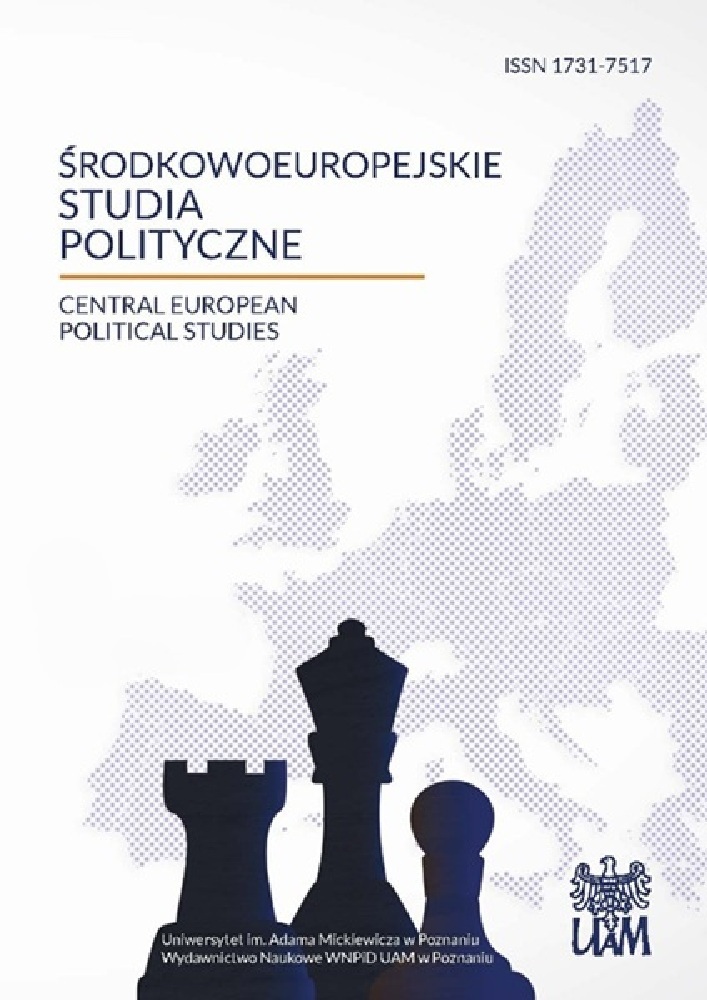Abstract
Once Poland regained independence after WWI, it retained the validity of legal provisions from the period of the partitions, which resulted in incongruous administrative systems. The principle of citizens’ obligatory membership of any of the recognized religious associations was also tacitly acknowledged. The law of interwar Poland distinguished between recognized religious associations, enjoying the status of legal entities acknowledged by the State, whose relations to the State, as well as organizational status, were stipulated by law, and unrecognized religious associations, enjoying the right to freely practice faith and rituals. At that time there was also an attempt to regulate legal relations between the State and the Evangelical Union Churches, the Evangelical Augsburg and Helvetian Church with superindenture in Stanisławów, the Vilnius Evangelical Reformed Church (Vilnius Unity), and the Evangelical Reformed Church with the Consistory in Warsaw. However, for numerous reasons, no normative acts were passed. The fact that in the interwar period there were no laws to constitutionally regulate the legal relations of churches and religious associations recognized by the former partitioning states, hindered the process of unifying of religious law in the Second Republic of Poland. This was further influenced by administrative practices and the antagonistic attitude of the Catholic Church to religious minorities. For their own purposes, administrative authorities divided the existing churches and religious associations, distinguishing religious associations recognized by law, unrecognized religious associations operating by virtue of the laws of former partitioning states, and religious associations not recognized by law, but tolerated by virtue of Articles 111 and 112 of the March Constitution. After WWII ended, three churches were recognized by virtue of an administrative decision, and state authorities decided to change the procedure for legal regulation of newly emerging churches and religious associations in a way different from that provided by the legislature of the Second Republic. The aim of these changes was to simplify the procedures related to the establishment of new churches and religious associations. The Decree on Associations attempted to encompass churches and religious associations. The matter was later resolved by the Decree of 5 August 1949 on the protection of free conscience and religion. Later on matters were handled by the Office for Religious Denominations. Since 1989 the register of churches and religious associations has been conducted by the Minister of Internal Affairs and Administration.License
Copyright
© 2012, Uniwersytet im. Adama Mickiewicza w Poznaniu, Wydawnictwo Naukowe Instytutu Nauk Politycznych i Dziennikarstwa
OPEN ACCESS
